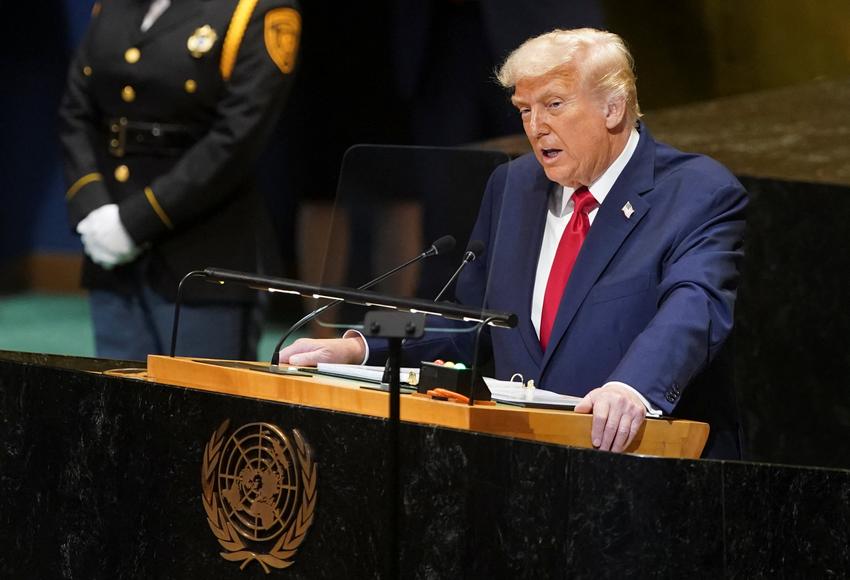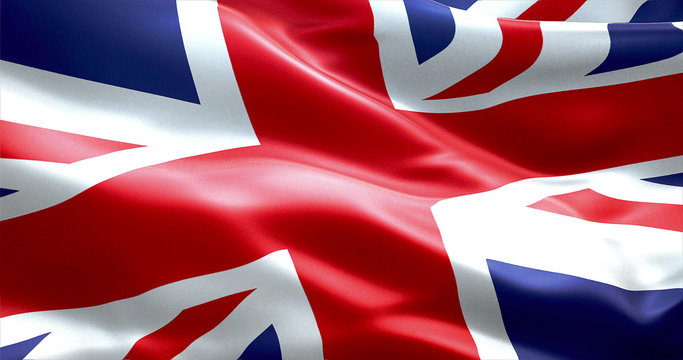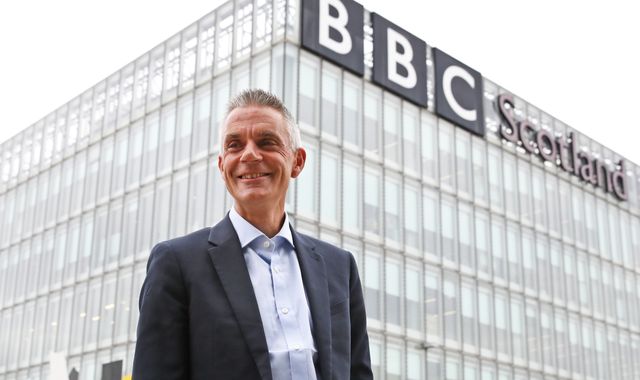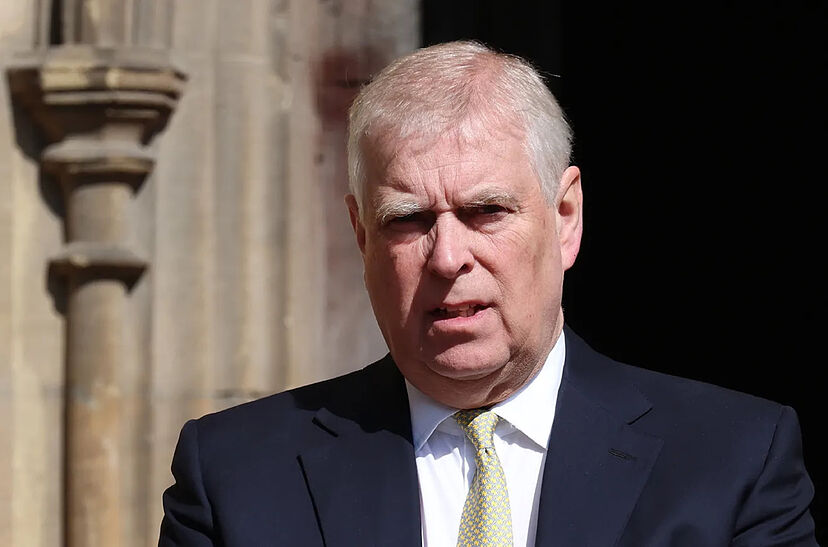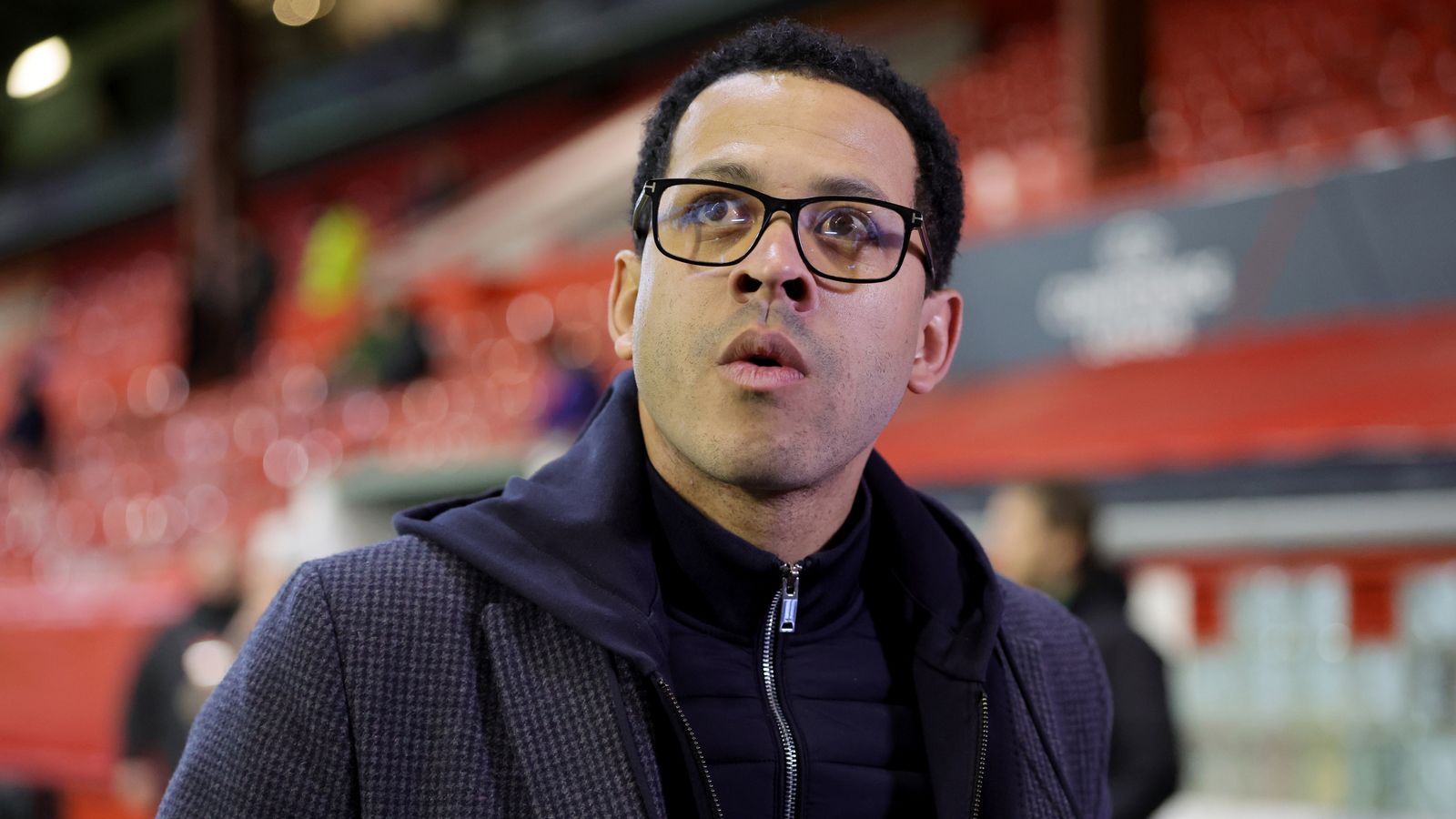
New Chelsea boss Liam Rosenior has been convicted of speeding after fog delayed his flight back to the UK, where he was due to complete a speed awareness course.
Rosenior admitted being behind the wheel of the vehicle, which had been travelling at 36mph in a 30mph zone in Rykneld Road, Littleover, Derbyshire, at 11.41am on 7 July.
He was offered the chance to avoid a criminal prosecution by completing a speed awareness course, but did not turn up to the session, which had been arranged.
Rosenior explained, in a note to Derby Magistrates’ Court he “had to stay another night and be on a plane the next day during the time of the course”.
He added: “Unfortunately, the course could not be fulfilled due to unforeseen circumstances. Understandably, due to circumstances, I have to accept the situation as is.”
Rosenior was convicted at a single justice procedure hearing on 2 January, with a magistrate ordering him to pay out a total of £1,052 in fines, costs, and court fees.
The former Strasbourg boss was appointed as head coach on Tuesday following Enzo Maresca’s exit.
London-born Rosenior, 41, has admitted his new position at the Premier League club represents a significant step up from his previous job in France.
“The reality is Strasbourg is not on the level as Chelsea,” he said at press conference at the French club – also owned by Chelsea’s parent company BlueCo.
“There are certain clubs you just cannot just turn down. I hope the [Strasbourg] fans can see that.”

Rosenior, who played in England for 16 years, began his managerial career at Derby County – where he got the top job on an interim basis.
His first permanent position was at Hull City, where he lasted for 18 months and took the Championship to the brink of the play-offs before being sacked by the owner who said the pair had a difference in footballing philosophy.
Rosenior, who has been given a six-and-a-half year contract at Chelsea, said on Tuesday that managing a “world-class” club was “something I have always dreamed of”.
“I am looking forward to the challenge,” he said. “If I didn’t think I was ready, I wouldn’t have accepted it.
Chelsea said that the club’s new head coach had “signed a contract with the club that will take him through to 2032”.
Rosenior becomes Chelsea’s fourth permanent boss since owners BlueCo took control in 2022.
Maresca was dismissed on New Year’s Day, leaving abruptly following a deterioration in his relationship with bosses.
It also followed a disappointing run of results – one win from the last seven Premier League games – that left the club 15 points adrift of leaders Arsenal.
Maresca is understood to have stepped down because he felt his position was untenable, while Chelsea were already considering sacking the head coach due to poor results, his comments in the media, disagreements with the medical team and reports linking him with other clubs. (SkyNews)



